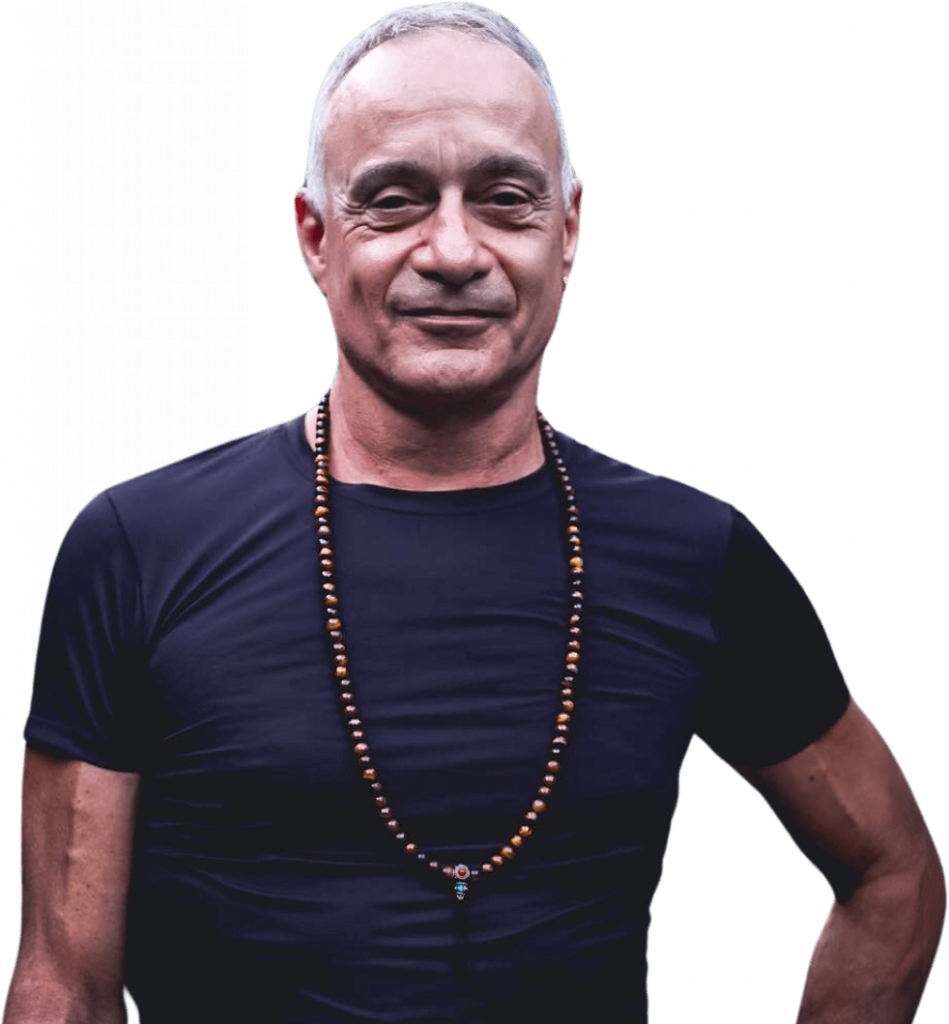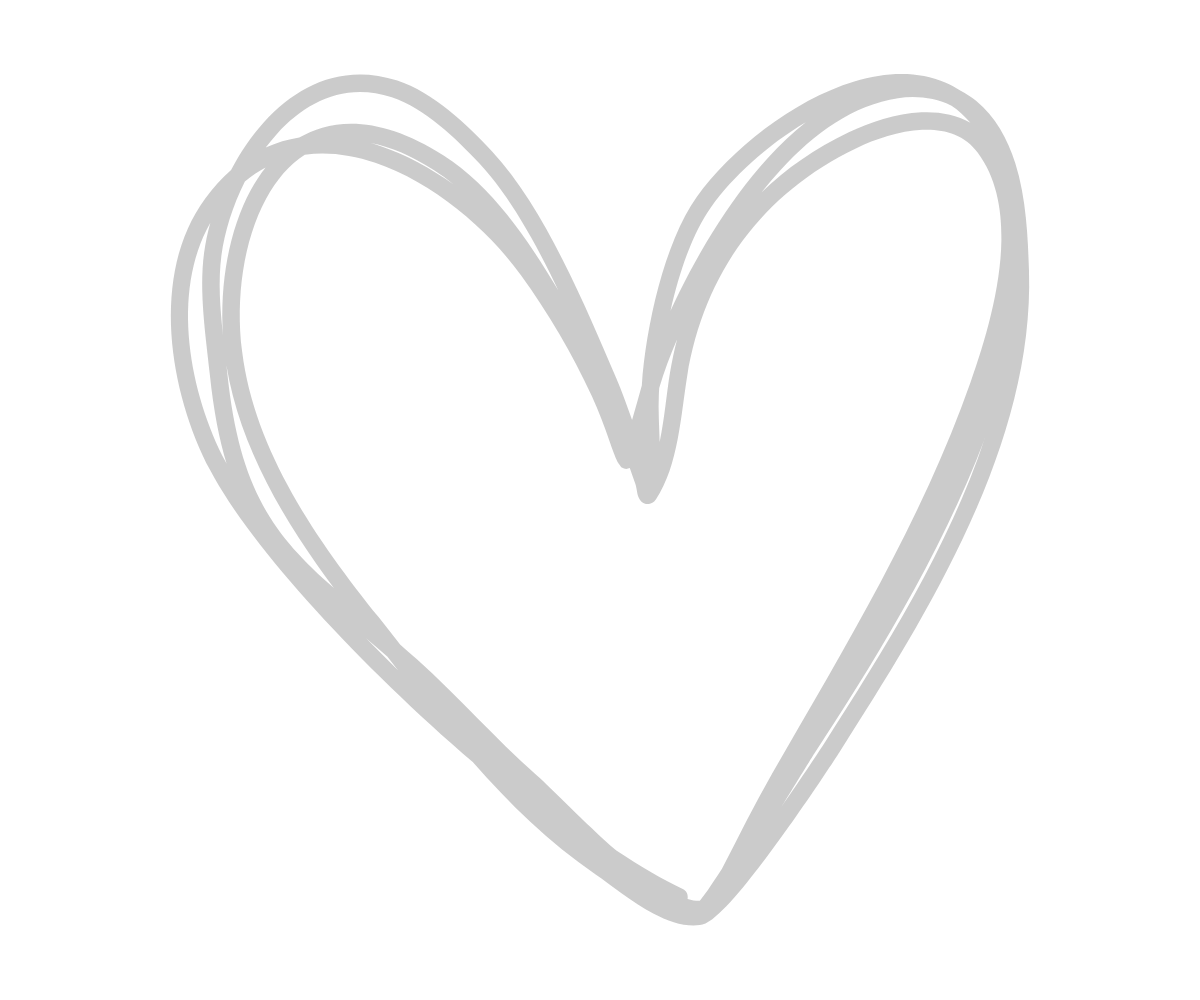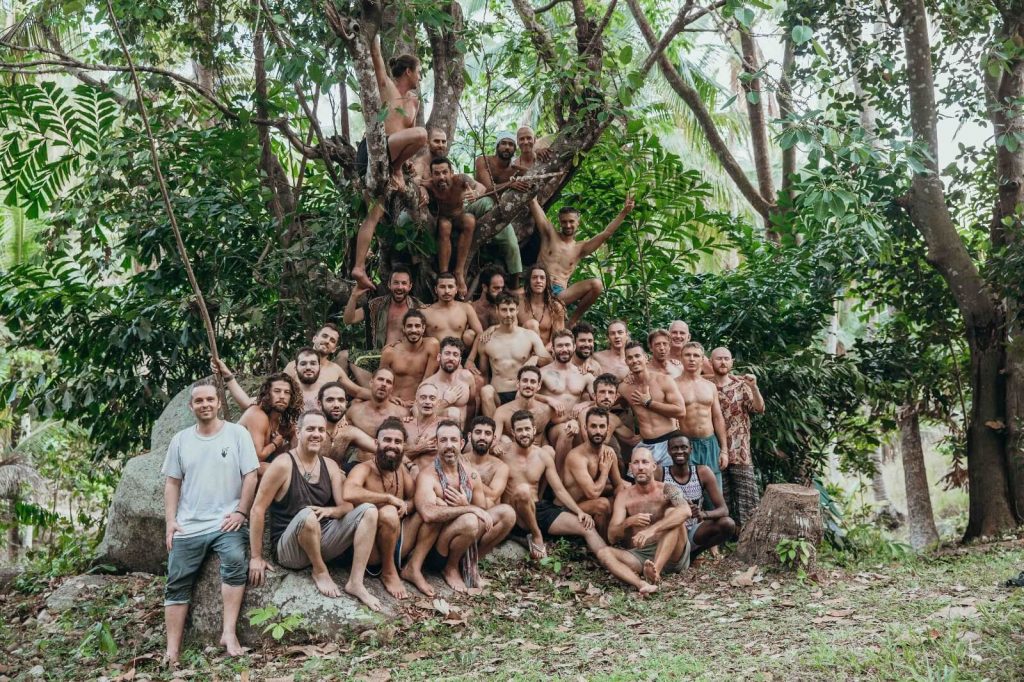Men's Group Facilitation
If you’re seeking a supportive space to connect, share, and grow with other men, my Men’s Group Facilitation provides the opportunity to address personal challenges, enhance emotional well-being, and build stronger relationships.


Brotherhood

Support

Empowerment
In addition to the various types of men's group facilitation:
Support Groups
Focus on providing emotional support and a safe space for men to discuss personal struggles, such as relationships, mental health, or life challenges.
Men’s Wellness Groups
These focus on physical, mental, and emotional health, including fitness, stress management, and well-being.
Brotherhood Circles
Designed to foster deep, authentic connections between men. These groups focus on building trust, friendship, and mutual support, often with a spiritual or philosophical foundation.
Leadership Development Groups
Aimed at personal and professional growth, these groups help men enhance their leadership skills, confidence, and communication abilities.
Fatherhood or Parenting Groups
Focus on supporting men in their roles as fathers, addressing challenges in parenting, and promoting positive father-child relationships.
Men’s Retreats
Usually held over a weekend or extended period, these groups focus on deep self-reflection, personal growth, and bonding with other men in a retreat or outdoor setting.
Men's Recovery Groups
Often focused on addiction recovery, these groups provide a space for men to share their recovery journeys, challenges, and successes.
Men’s Sexuality and Intimacy Groups
Address issues related to intimacy, sexual health, and relationships, providing a space for open discussions on men’s sexual well-being and emotional connections.
Men's Mentorship Circles
Aimed at providing guidance and support from older or more experienced men to younger or less experienced men, focusing on life skills, career, and personal growth.
Cultural or Identity-Based Men’s Groups
Focus on particular cultural, ethnic, or social identities, exploring the unique experiences and challenges faced by men within those groups.
#1. Empathetic
"Shows understanding and compassion toward the experiences and emotions of participants."
#2. Inclusive
"Welcomes and values all participants, creating a safe space for everyone."
#3. Supportive
"Provides encouragement and fosters a sense of community and belonging."

#4. Authentic
"Encourages honesty and openness, allowing participants to be true to themselves."
#5. Transformational
"Aims to create personal growth and positive change for each individual."
#6. Respectful
"Promotes mutual respect and ensures that everyone’s voice is heard and valued."
The key is to understand your wounds and conditioning, so you become 'Allies in Healing' rather than adversaries in pain. —The Wizard of Love

The Wizard of Love
Bernard Zylberberg
Certified Relationship and Development Coach & Counselor
FAQs - The Wizard of Love answers your questions
What is the difference between counseling and coaching?
The difference between counseling and coaching is that counseling helps you address past issues to improve your present well-being, while coaching focuses on developing new strategies to help you grow and move forward into the future.




